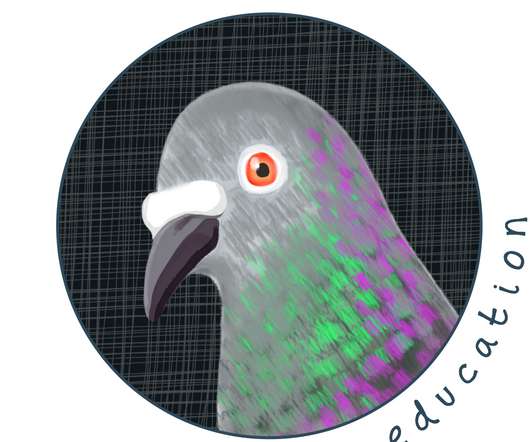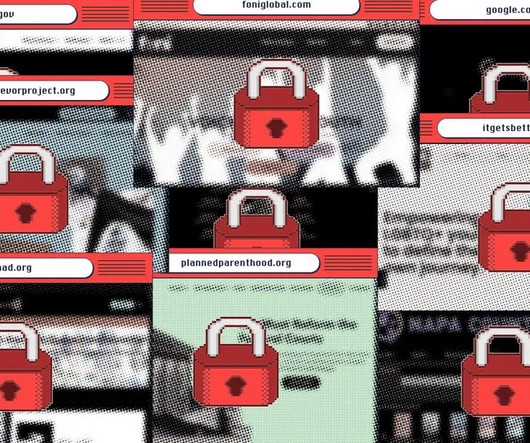Free computer training resources and courses
Educational Technology Guy
NOVEMBER 26, 2012
As technology changes and schools upgrade software, add new apps, change hardware or operating systems, and more, faculty, staff and students need training and support. The Office 2010 course is great and I am sharing it with our users to help them transition from Office 2003 to Office 2010 because of the different menu system.






























Let's personalize your content